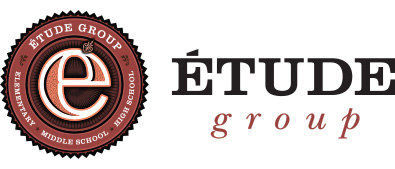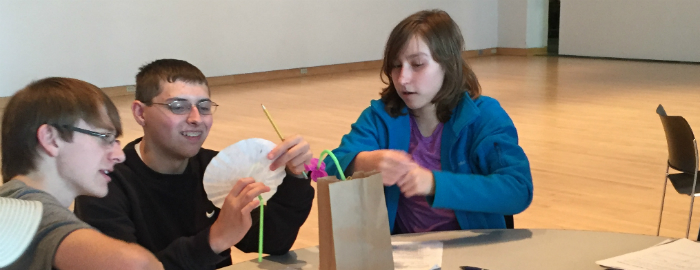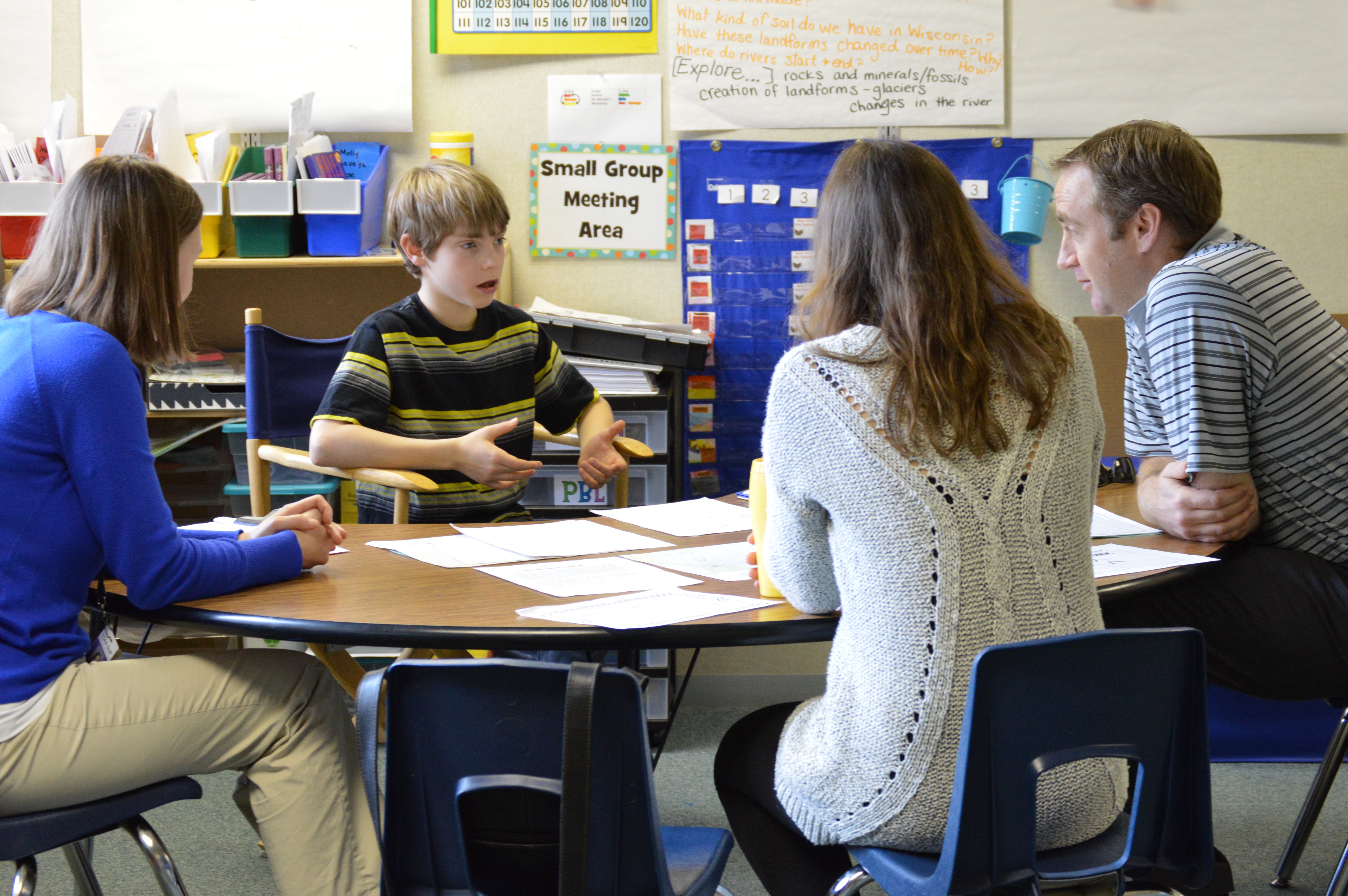showing entries tagged "ESAA"
by: Ted Hamm
IDEAS Students Shape Tradition
Many of you have noticed that we changed the name of Morp this year to May Ball. As with any decision in our school, this was not a decision made without student voice and research.
Early this year, the student organizers of May Ball came to me and asked about the origins of Morp. I explained to them that the term Morp was meant to be a counterpart to Prom, offering a more inclusive and accessible alternative to Prom. Our interpretation of Morp was to keep costs down in terms of ticket prices and the need for overly expensive outfits. To keep ticket costs down, our students typically performed or DJ'ed the event. Much of the food was homemade. Additionally, the event was held in the back portion of EBCO. All of these factors helped us respond to what we saw as out of control costs and expectations for the traditional Prom.
The organizers of May Ball this year asked to make some changes to the event. They wanted a more formal event that still included some of the student run aspects from the past which would help keep costs down and maintain a student infused event. We were able to do this by holding the event at the John Michael Kohler Arts Center, but with food from parents and Bayden DJing the event. The organizers wanted a title change that reflected the revisions to the event. The term May Ball comes from an academic tradition, and is used as the term for a formal dance at the end of the spring academic term. Examples of this include colleges in England that end their May Ball with a trip to Paris. (I told the organizers that I would not support that.)
The event was a resounding success with many compliments from the John Michael Kohler Arts Center staff in attendance. It was a more formal event, but with the same student enthusiasm and voice that makes our school special. I invite you to check out the photos on the Sheboygan Press site; I am sure you will agree that our students clean up very well!
by: Ted Hamm
A Parent Maker Night Primer
Dear Parents, Students, Staff, and Friends:
by: Ted Hamm
Presentations of Learning: Trimester 2
Each trimester we take a day and a half have our students reflect on their learning. I feel it is important to share a few thoughts about this. I wrote in depth about this last trimester in a blog[directors-blog/presentations-of-learning-thoughts-as-a-parent-and-advisor/] sharing my perspective as an advisor at IDEAS and a parent at ESAA.
by: Ted Hamm
Implementing the College Work Readiness Assessment at IDEAS
Dear Parents, Students, Staff, and Friends:
by: Susan Griffiths
Charter Contract Renewal: ESAA School Goals
Dear Parents, Staff, and Friends:
by: Ted Hamm
Charter Contract Renewal: The Mosaic School's Goals
Dear Parents, Students, Staff, and Friends:
by: Ted Hamm
Charter Contract Renewal: IDEAS Academy Goals
Dear Parents, Students, Staff, and Friends,
by: Ted Hamm
Charter Contract Renewal Update
Dear Parents, Students, Staff, and Friends:
by: Ted Hamm
Charter Contract Renewal
Dear Parents, Students, Staff, and Friends,
by: Ted Hamm
Charter Contract Renewal
Dear Families and Supporters,




